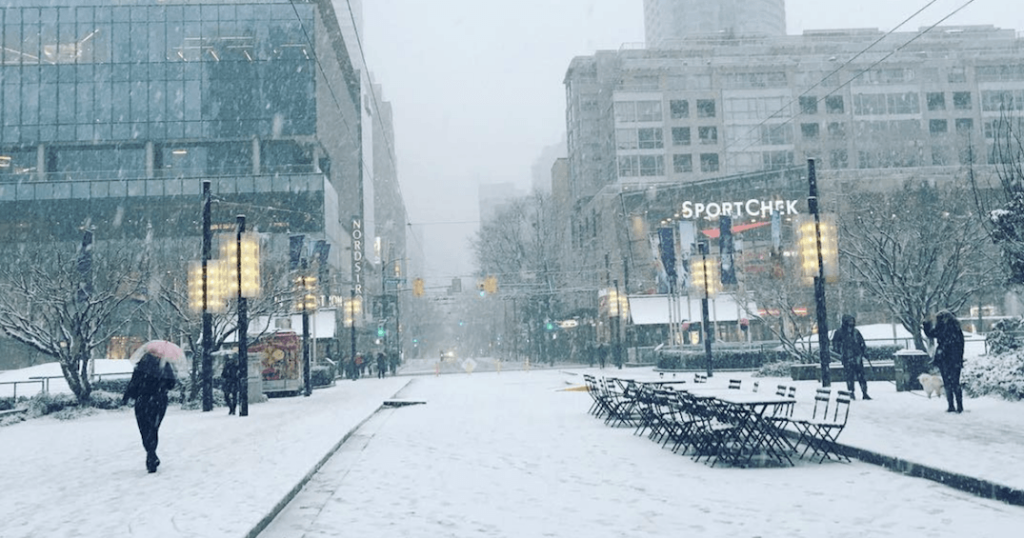February 14 was a raw and chilly winter night with occasional snow flurries and periods of intermittent rain. Outside Columbus House, a homeless shelter in New Haven, Connecticut, Jeremy Weir Alderson sat in a plastic tent he called the Tabernacle of Truth.
This was the temporary studio for the eighth annual Homelessness Marathon, which was broadcast from 7:00 p.m. to 9:00 p.m. on over 80 radio stations nationwide, as well as the Internet. In Boston, the entire broadcast was aired on WMBR 89.1.
Alderson founded the Homelessness Marathon in 1988 as an offshoot of his weekly program “The Nobody Show” on WEOS, a public radio affiliate in Geneva, New York. From the beginning, the marathon broadcasted outdoors to dramatize the plight of homeless people. The number of listeners has grown each year. The webcam at the marathon’s website, for example, received over 350,000 hits during this year’s broadcast, seven times more than last year.
Alderson began the broadcast by lighting a memorial candle for those who died this year due to homelessness and giving listeners two call-in numbers. “This program is dedicated to getting homeless people into houses,” he said.
The Homelessness Marathon includes short, prerecorded segments on topics related to homelessness and poverty, longer discussions and interviews with experts, as well as questions, comments and stories from people who called or walked up to the broadcast location.
During the broadcast, people of all ages and backgrounds told how they had become homeless. Some read poetry. People talked about living in abandoned buildings and “tent cities.”
Again and again, people discussed how much they hated being looked down on or blamed because they were homeless. Maggie, whose father kicked her out at 12 when she came out as a lesbian, said, “When I was first homeless, I didn’t understand what homelessness was. Out on the street, people looked at me and crossed the street. Even a smile can make someone’s day when you have no place to go.”
Katherine, a caller from Ohio, emphasized that when people say the homeless have chosen their situation, they need to think about why they made the choices. “Wondering if you’re going to be hungry is better than worrying who’s gonna climb into bed with you when you’re 12,” Katherine said.
The Homelessness Marathon was a wide-angle lens that panned the broad landscape of America and focused on aspects of life that are ignored by the mainstream media. It painted a picture of an America where affordable housing is scarce to nonexistent, where people who work hard are unable to keep a roof over their heads, and where struggles over adversity are common.
Alderson plans to continue the Homelessness Marathon even though it is increasingly difficult to raise funds for the show. He compared the marathon to trying to bail out a boat that is sinking, “As long as there is some hope, you keep trying,” said Alderson.
The Homelessness Marathon’s website is at http://www.homelessnessmarathon.org.




